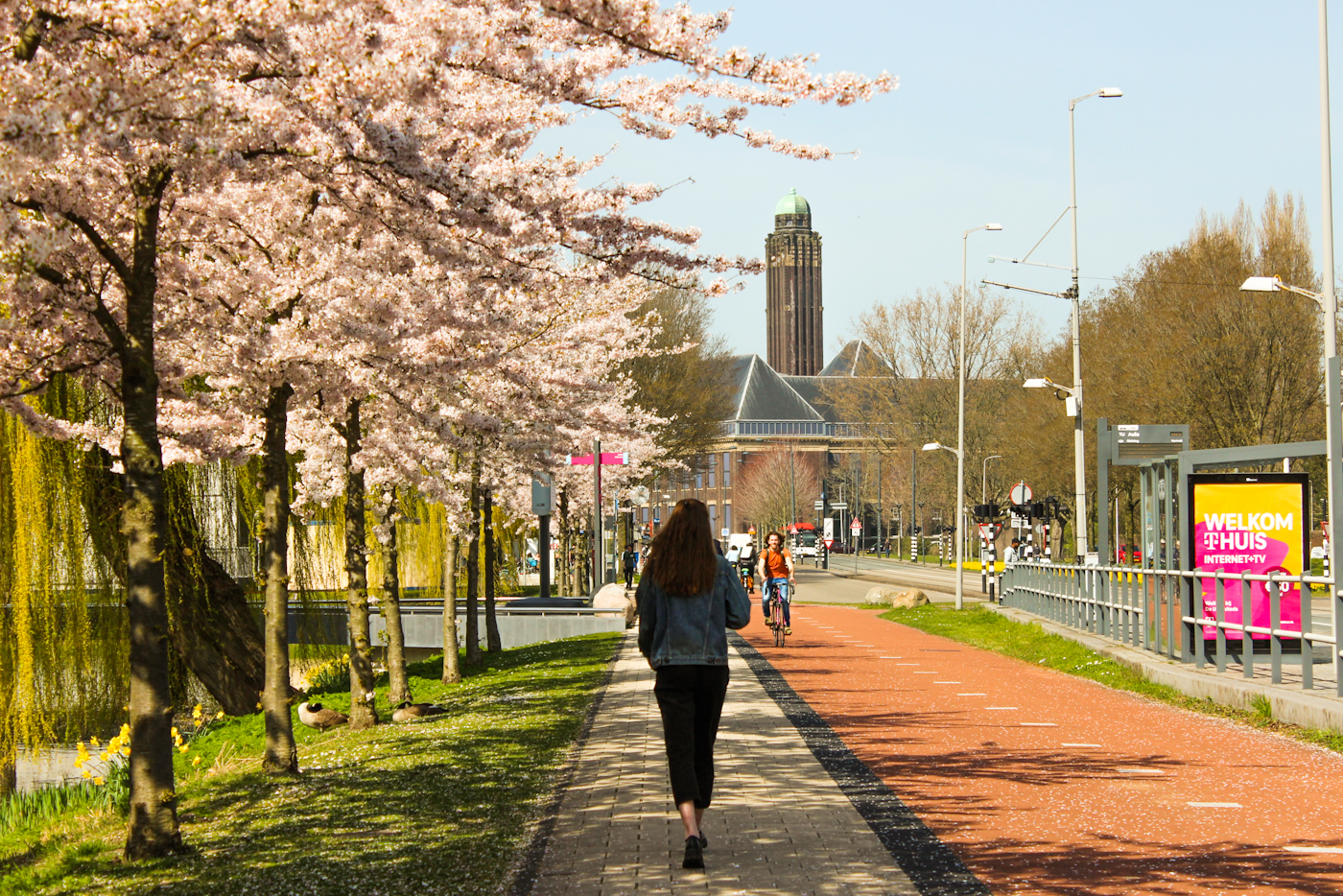VU Amsterdam is the first university to sign the Amnesty Manifesto against sexual violence among students. TU Delft is taking other steps. The Student Council is critical.
(Photo: Dalia Madi)
Research by Amnesty The Netherlands shows that rape among students occurs relatively frequently. One out of 10 women and 1% of men are raped during their studies. What also transpired is that most students do not know how to get help from their academic institution after suffering sexual violence and do not know how to submit a complaint.
Amnesty called on all universities and universities of applied sciences to sign a Manifesto (in Dutch) in which they promise their students greater protection. The Manifesto should help prevent incidents and help victims better.
Workshop for students
The Free University of Amsterdam’s (VU) Board and Student Council were the first to sign. “It’s important that students have access to us when they have problems,” said VU Rector Vinod Subramaniam yesterday. “That also goes for problems that arise outside the walls of the university.” He hopes for a change in culture.
TU Delft too hopes for a change in culture, said Vice Rector Magnificus Rob Mudde in a meeting with the Student Council, but TU Delft has not signed the Manifesto. “It contains issues that we do not want, for example a workshop for all students”, he said through a spokesperson. “This is not practical and is completely ineffective. We cannot force students to take part.”
‘It is very complicated to know what you should do’
That said, TU Delft is taking other steps, Mudde said during a meeting with the Student Council in response to questions by Marijn Roelvink (Lijst Bèta). Before the summer holiday Mudde had had a meeting with among others Integrity Officer Sabine Roeser and a TU Delft student representative of Amnesty. Based on this meeting, TU Delft decided to seek contact with student associations. “The subject is already on their agenda and we can reach more students more quickly through them than through TU Delft itself,” says Mudde. He also wants to run a poster campaign about social interaction and sexuality and has asked Studium Generale to cover this topic. Further, TU Delft will improve the website where students can turn to for support. Students say that it is not easy finding support.
Foreign universities
Student Council member Roelvink has her doubts about whether this approach is enough. “Not everyone is a member of a student association.” She thinks it would be better to provide first year students with information, for example through TU Delft itself. Mudde: “It is very complicated to know what you should do and how you should deal with it.”
Roelvink proposed that TU Delft ask higher educational institutions abroad how they address the issue. “Universities abroad do a lot themselves. Doing some research into their actions seems to me to be a better option than simply saying it’s complicated so we won’t do anything.”
HOP / Delta
Do you have a question or comment about this article?
redactie@hogeronderwijspersbureau.nl


Comments are closed.